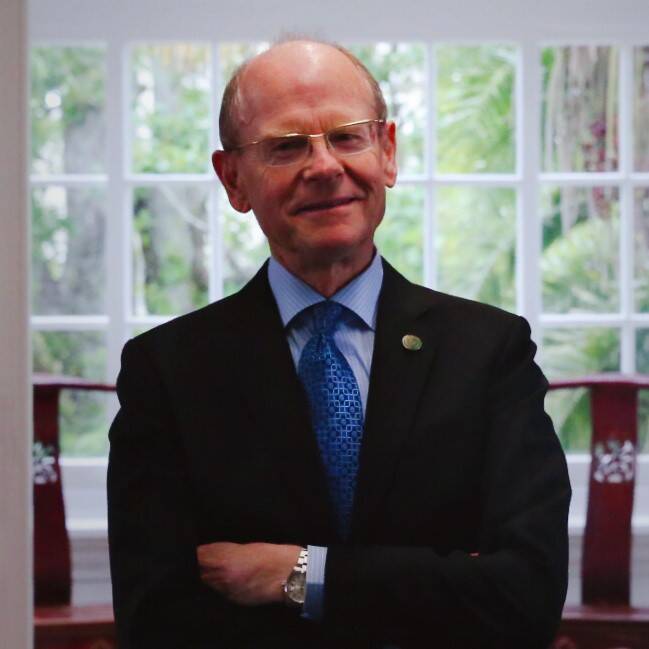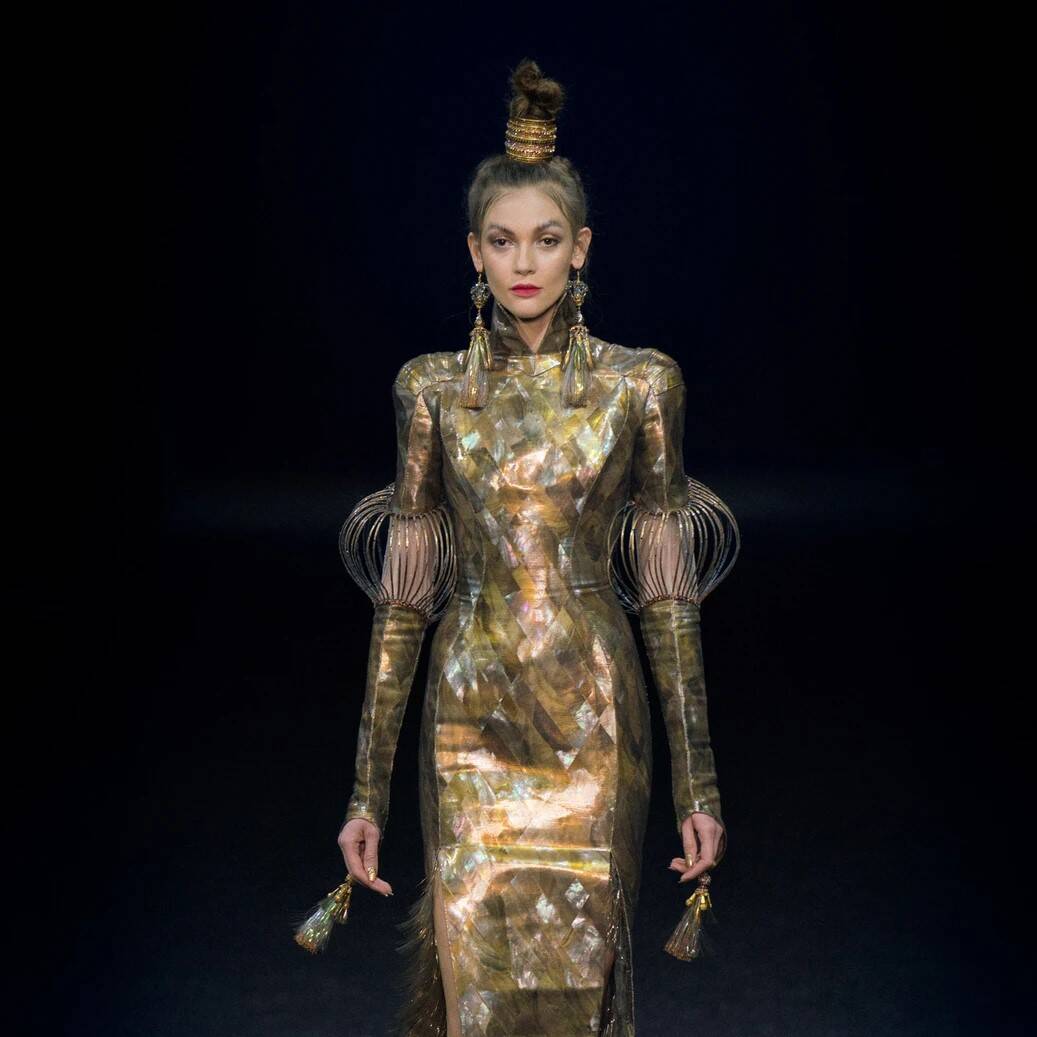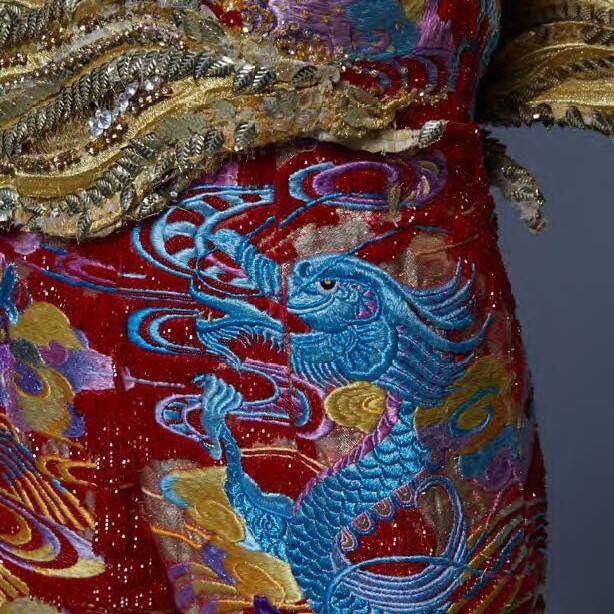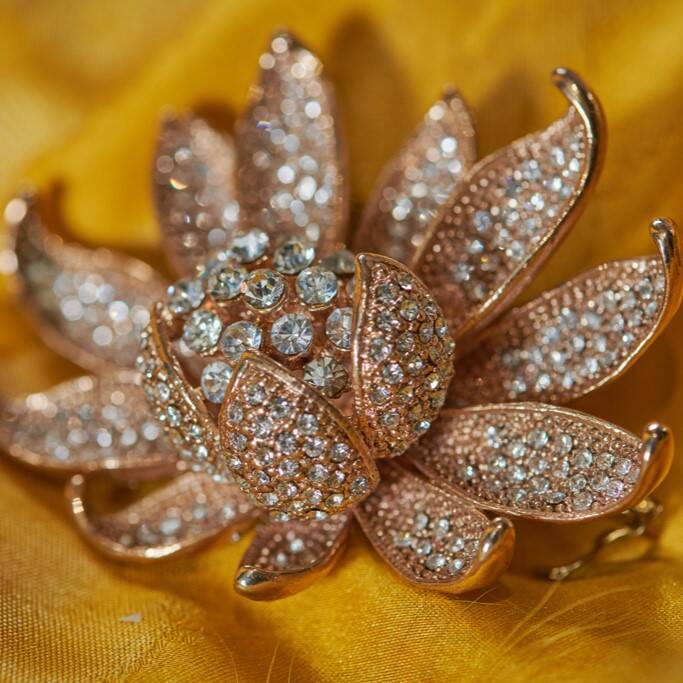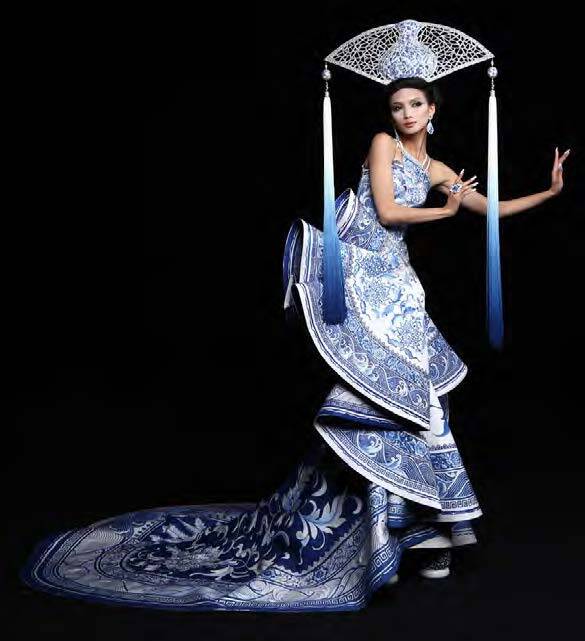Immerse yourself in the exquisite world of haute couture and the creative genius of Guo Pei in this lecture series. Embark on a captivating journey through the world of fashion with four experts as they discuss the intersection of fashion, art and culture, discovering valuable insights into haute couture and the cultural narratives that have shaped Guo Pei’s artistic vision and unique creations.
Tickets are sold to each lecture individually so pick your favourite or come to all.
Lecture #1: Chairman Mao and Chinese Fashion: Preparing for Guo Pei
Chinese fashion underwent a revolution in the twentieth century, from the fall of the Qing dynasty in 1911 to the times of Chairman Mao Zedong. From the 1920s to 1940s, clothing styles associated with scholars and Western-style schools became standardised. In cosmopolitan Shanghai, women’s clothing took on a stylish new look, associated with modernity and glamour. Chinese film stars became exemplars of the new look. Fashion developments did not end after 1949, with the founding of the People’s Republic. The notion that everyone from 1949 to 1978 was in so-called Mao suits and genderless clothing is a myth. Dresses, skirts, and stylish touches remained a way for women to quietly express themselves. When Pierre Cardin arrived in China in 1979, there was in reality much on which he could build.
Image credit: Shanghai, China, circa 1930. © Pictures from History / Bridgeman Images. | Paul Clark
